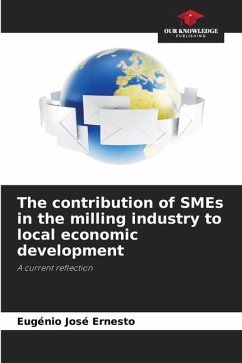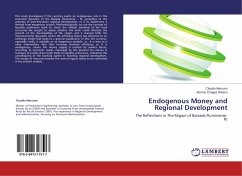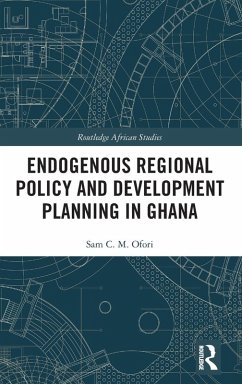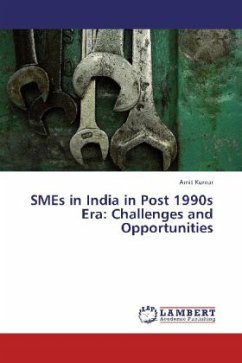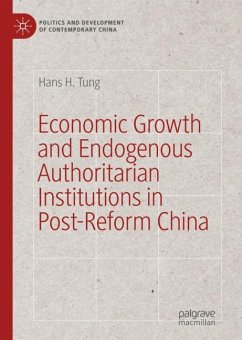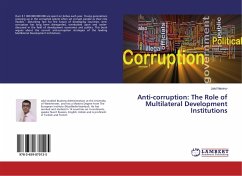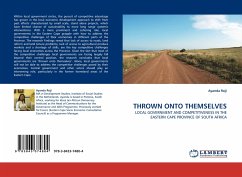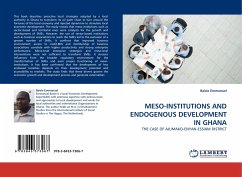
MESO-INSTITUTIONS AND ENDOGENOUS DEVELOPMENT IN GHANA
THE CASE OF AJUMAKO-ENYAN-ESSIAM DISTRICT
Versandkostenfrei!
Versandfertig in 6-10 Tagen
32,99 €
inkl. MwSt.

PAYBACK Punkte
16 °P sammeln!
This book describes proactive local strategies adopted by a local authority in Ghana to transform its oil palm chain to turn around the fortunes of the local economy and injected dynamism to stimulate local economic development. The study reveals that meso-institutions such as sector-based and territorial ones were catalysts for the growth and development of SMEs. However, the use of sector-based institutions such as business associations to reach the SMEs led to the exclusion of a greater number of SMEs. It confirms that improved business environment; access to credit,BDS and membership of bu...
This book describes proactive local strategies adopted by a local authority in Ghana to transform its oil palm chain to turn around the fortunes of the local economy and injected dynamism to stimulate local economic development. The study reveals that meso-institutions such as sector-based and territorial ones were catalysts for the growth and development of SMEs. However, the use of sector-based institutions such as business associations to reach the SMEs led to the exclusion of a greater number of SMEs. It confirms that improved business environment; access to credit,BDS and membership of business associations correlate with higher productivity and strong enterprise performance. Micro-level enterprise strategies and meso-level interventions were not sufficient to transform SMEs. It stresses influences from the broader regulatory environment for the transformation of SMEs and even proper functioning of meso-institutions. It has been confirmed that the development of less endowedlocalities depends on their development potential and accessibility to markets. The study finds that these drivers govern the economic growth and development process and generate externalities



